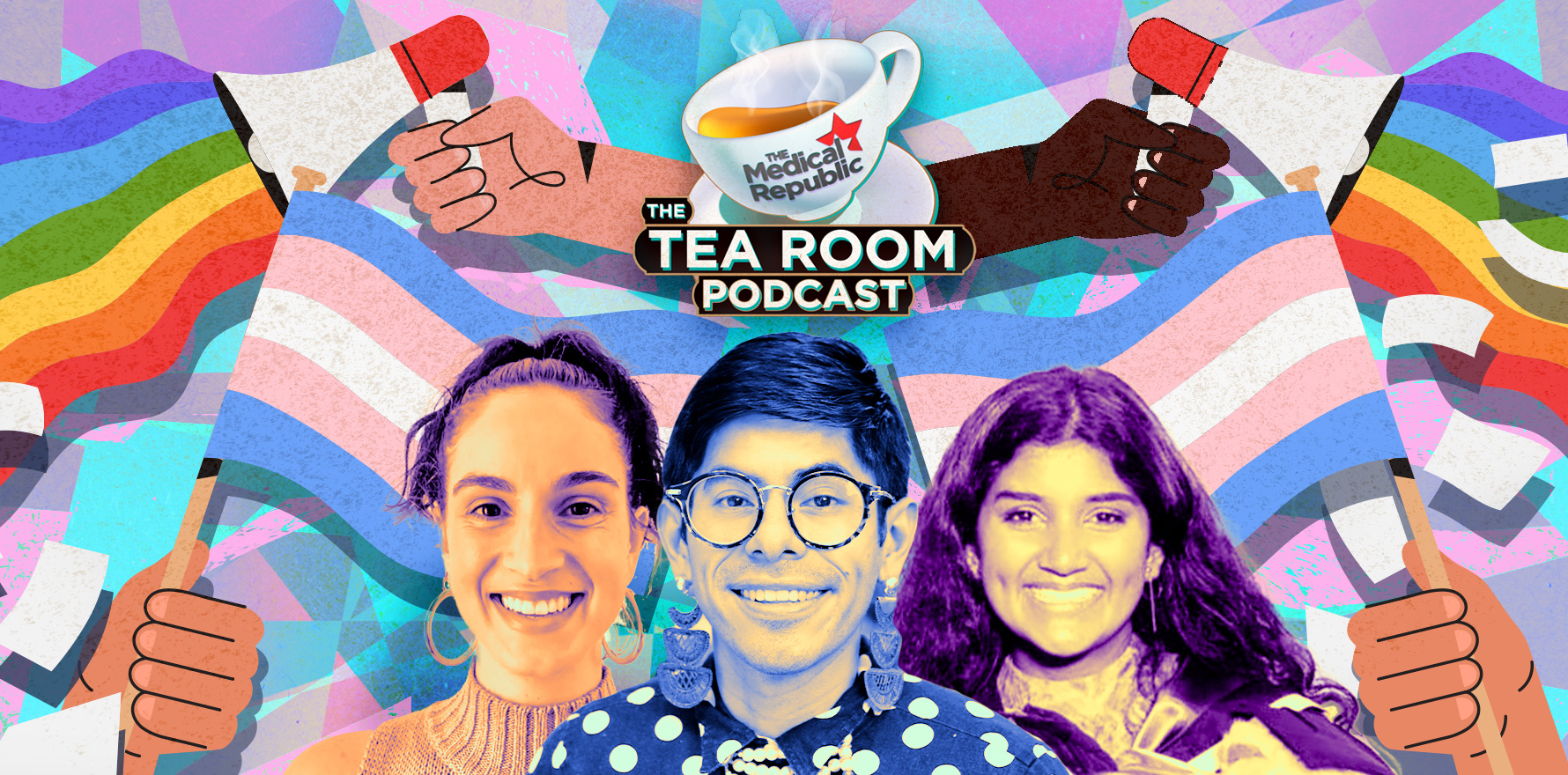It doesn’t have to be awkward! Personal pronouns, framing gender surgery and how to make your clinic more queer-friendly.
With so much to learn in so little time, managing LGBTQI+ patients isn’t yet high on the priority list at medical schools.
Dr Asiel Adan Sanchez is a GP and clinical tutor at the university of Melbourne. They know first-hand that clinical environments can be off putting for people who are queer, trans and gender diverse. They have also created a solution for that called Wavelength: a learning tool that builds clinician skills and makes general practices safer for LGBTQI+ folk.
Dr Sanchez gives a quick masterclass on the simple and practical ways to take away the awkward interactions that occur in many medical environments. They say a very common example is when taking a sensitive history and asking about gender affirmation procedures.
“A lot of clinicians really struggle with asking those questions and often the language that they use is quite inappropriate. ‘Have you had the operation?’ for example. A patient might get this question all the time outside, in the real world, and if you don’t explain to the patient what the rationale behind asking those questions is, it can be really distressing for them,” says Dr Sanchez.
Dr Sanchez provides a graduated approach to inquiring about gender affirmation surgery, after building rapport through simple ways such as using correct pronouns.
“I often tell medical students to fall back on the skills that they already have around cultural competency to build that rapport with the person. For example, you might be talking about work and family and what the patient does at home. Then you can ask ‘By the way, are there any pronouns that you’d like me to use?’ And that’s an organic and simple approach,” they say.
Wavelength training module is now managed by the Australian Medical Student Association (AMSA), which is advocating to incorporate the content into Australian medical school curricula.
Medical student Sophia Nicolades has researched the LGBTQI+ health curriculum gap. They found that, on average, there were between zero and two hours across the whole medical degree dedicated to LGBTQI+ health.
“We also found that the groups with the poorest healthcare outcomes were also the least present in our curricula – those being trans people, intersex people, bisexual people, and those with intersectional experiences such as First Nations people and folks with disability,” Mx Nicolades said.
Dineli Kalansuriya, medical student and chair of AMSA Queer, is also working to improve the medical curricula at Australian universities.
“We would also love for some practising doctors to take part in the Wavelength module and let us know if they feel that it’s relevant, if it’s representative of the presentations that they’ve been seeing as well,” she said.
You can listen and subscribe to the show by searching for “The Tea Room Medical Republic” in your favourite podcast player.


